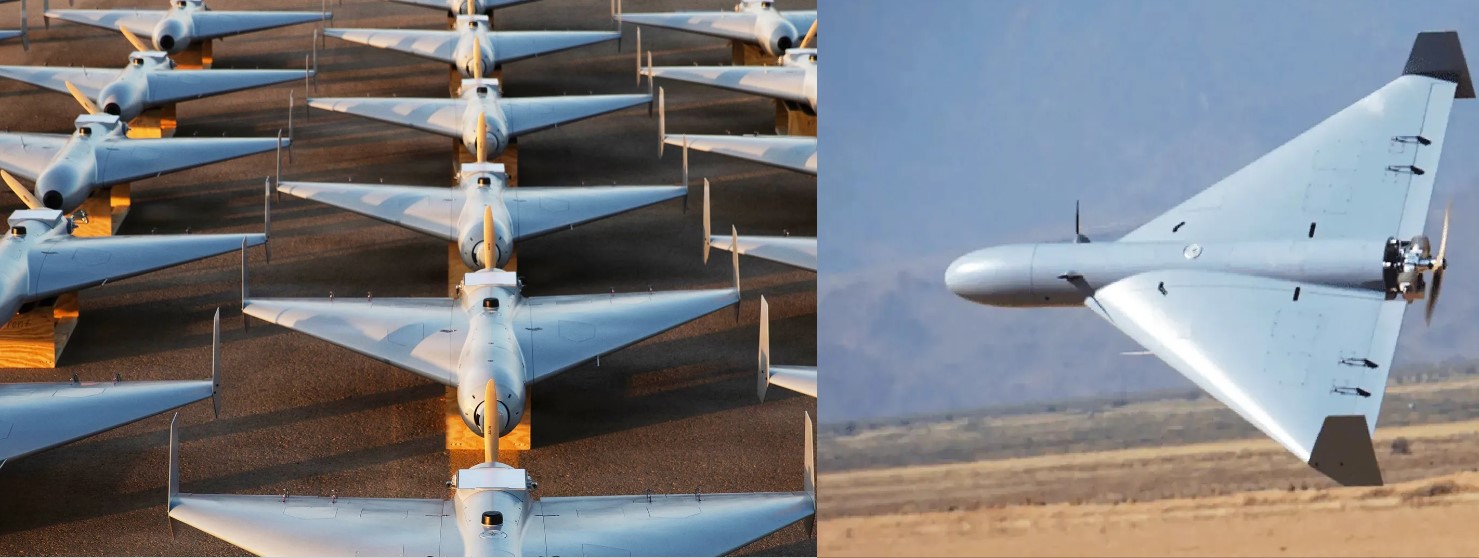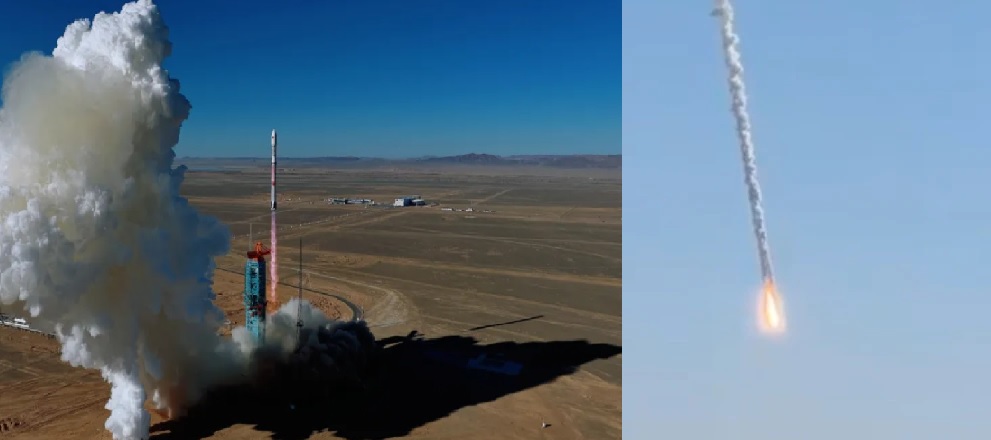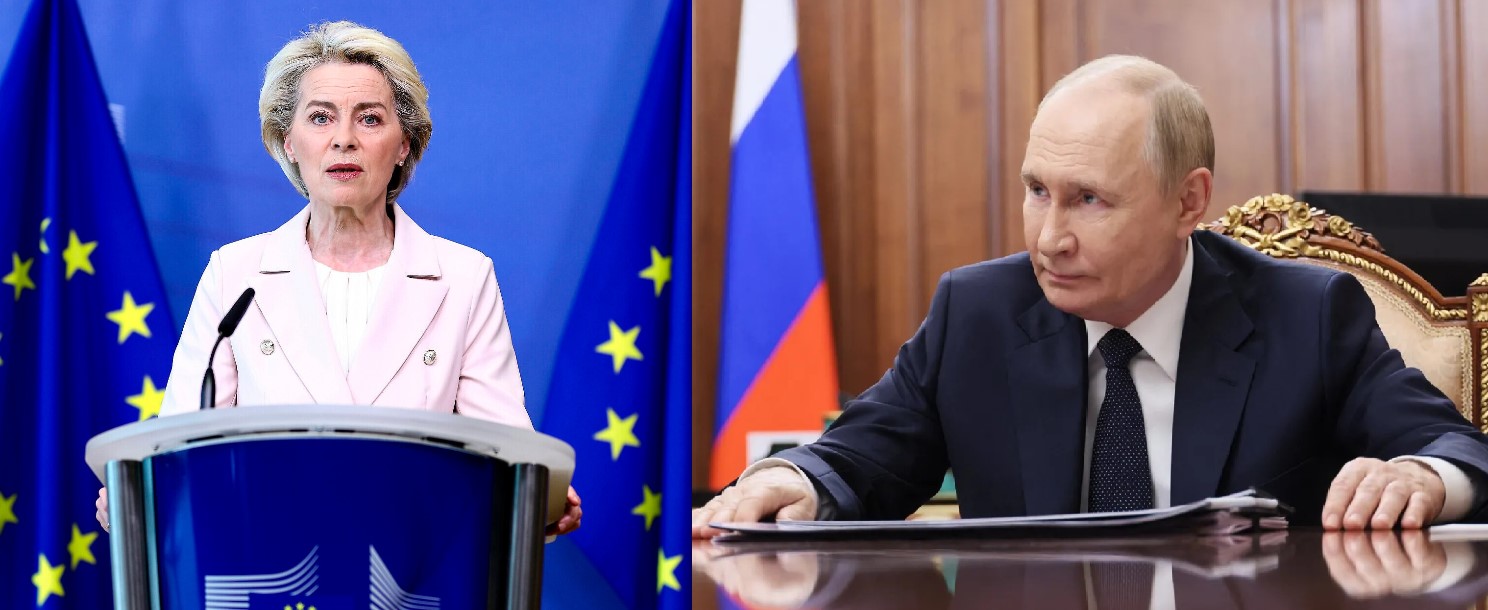EU Rejects Trump's Demand for 100% Tariffs on India and China Over Russian Oil

In a significant diplomatic development, the European Union has firmly declined U.S. President Donald Trump's request to impose 100% tariffs on goods from India and China.
The proposal was part of a broader strategy to pressure Russian President Vladimir Putin by targeting nations that continue to purchase Russian oil.
Despite the U.S. administration's push, EU officials have expressed strong reservations about implementing such sweeping tariffs.
They argue that tariffs differ from sanctions and require extensive legal investigations to justify.
This process could delay the imposition of any measures and complicate the EU's legal standing.
Furthermore, the EU is cautious about disrupting sensitive trade relations, particularly with India, as ongoing negotiations for a Free Trade Agreement (FTA) are underway.
The EU prefers targeted sanctions on specific entities involved in aiding Russia's military operations, rather than broad tariffs that could have far-reaching economic consequences.
The EU's decision underscores its commitment to a more measured and legally sound approach to international trade and sanctions.
While aligning with the U.S. on many fronts, the EU maintains its autonomy in crafting policies that align with its legal frameworks and economic interests.
This divergence highlights the complexities of international diplomacy and the balancing act nations face when aligning foreign policy objectives with domestic legal and economic considerations.
As the situation develops, it remains to be seen how the U.S. will respond to the EU's stance and whether alternative strategies will be pursued to address the ongoing conflict in Ukraine and its global economic implications.
✍️ This article is written by the team of The Defense News.






